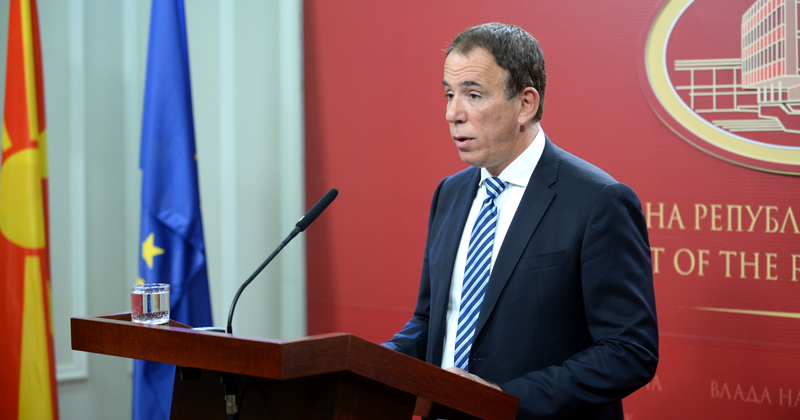Journalist Branko Geroski, who has published a number of serious corruption scandals involving Zoran Zaev and his top officials, reports that prosecutors have received a detailed statement alleging the involvement of Zaev’s healthcare fund director Den Doncev in extortion. The case revolves around the Diamed dialysis provider, whose owner claims that she faced extortion from both Doncev and Healthcare Minister Venko Filipce.
According to Geroski, the testimony from a person close to the company stipulates that he paid Doncev a total of 824.000 EUR, in extortion money. The funds were given to Zoran Mileski – Zoki Kiceec, the accomplice of disgraced former Special Prosecutor Katica Janeva in her own racketeering trial, who was famously recorded leaving the home of a businessman with a bag stuffed with cash.
The new evidence was so damning that Zoran Zaev quickly realized that going to elections with this new scandal and Den Doncev hung around his neck is too much for him to bear, Geroski writes. Doncev, who has a long list of scandals involved with his past officers in Macedonia, resigned two weeks ago in a move that prompted allegations that he was involved in corruption.
According to Geroski, Diamed owner Vera Ivanova was pressured by Kiceec, Doncev and Filipce as she was negotiating the sale of her company to the Swedish Diaverum, in an attempt to block the sale and have a different company take over the businesses. The Swedish company was warned that if they buy Diamed, the company would face an investigation initiated by the Government, in an attempt to scare them off.
Once this failed, the group was extorting money from Diamed. Geroski reports that the funds were paid under several pretexts. Kiceec would demand that Diamed donates money for the church. He would then ask for a separate payment that would ensure that FZOM, the huge public healthcare fund managed by Doncev, pays the invoices for the dialysis services provided by Diamed on time. FZOM was legally obliged to pay the invoices in 120 days, but would often fail to do so, which obviously puts pressure on privately owned healthcare providers. Doncev would ask for money to make the payments run on time, Geroski writes. And finally, Kiceec would come asking for money based on the estimate Doncev would make of the profits turned by the healthcare provider.





Comments are closed for this post.